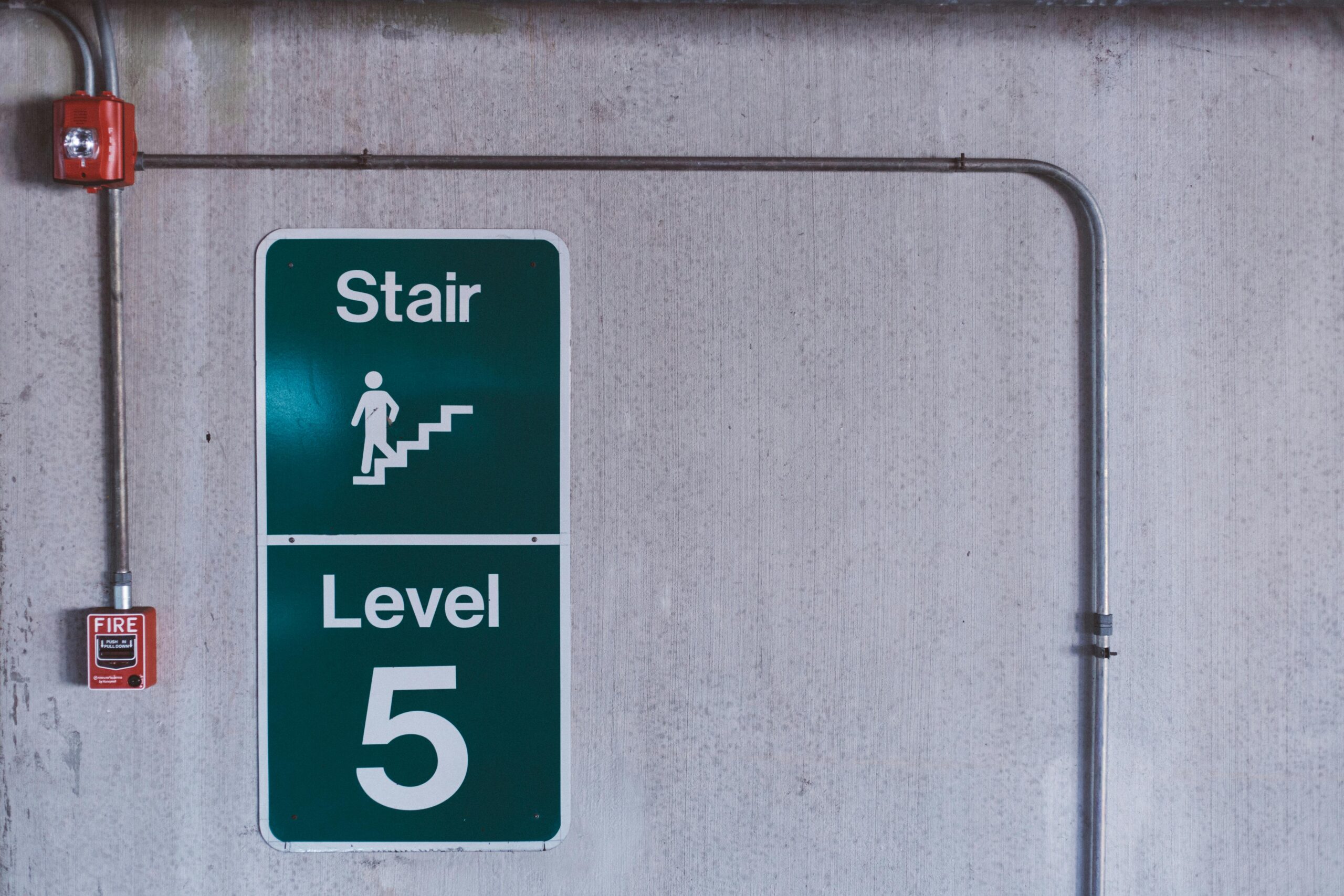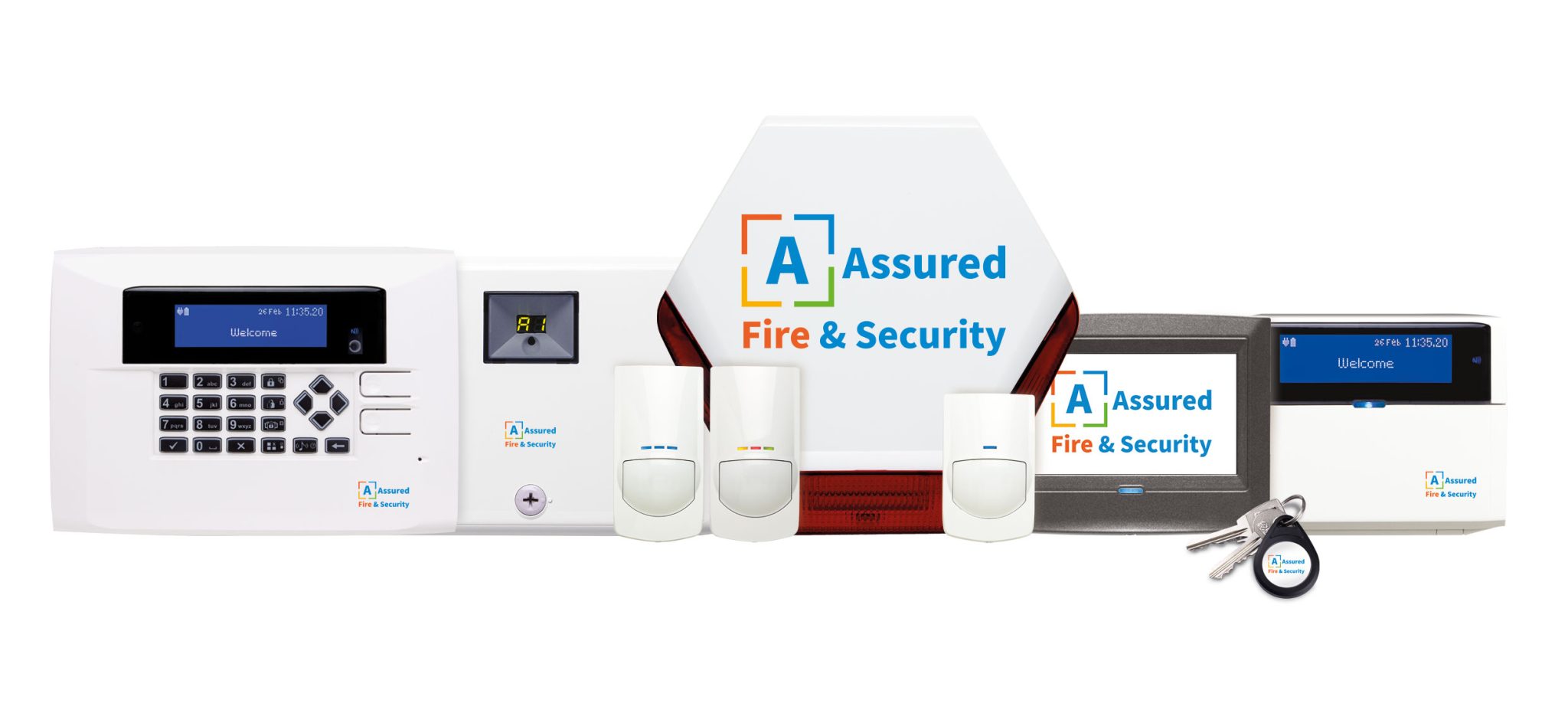As a business owner or property manager, ensuring the safety of your commercial property and its occupants should be a top priority. Here are some essential fire safety tips to help you minimise the risk of fire and protect your assets:
- Install Fire Detection and Alarm Systems: Invest in high-quality fire detection and install fire alarm systems that are suitable for your building’s size and layout. Ensure that your fire alarms are serviced, tested, and maintained according to local regulations.
- Conduct Regular Fire Drills: Practice fire evacuation drills with your employees or tenants to ensure that everyone knows what to do in case of a fire. Designate evacuation routes, assembly points, and appoint individuals to assist with evacuation procedures.
- Maintain Clear Exit Paths: Keep all exit paths and doors clear of obstructions at all times. Ensure that exit signs are clearly visible and illuminated, and that emergency lighting is functioning correctly in case of power outages.
- Implement Fire Prevention Measures: Take proactive steps to prevent fires from occurring in the first place. This includes proper storage and handling of flammable materials, regular maintenance of electrical systems, and enforcing smoking policies.
- Train Employees in Fire Safety: Provide fire safety training to all employees, including instruction on how to use fire extinguishers and other firefighting equipment. Encourage employees to report any fire hazards or safety concerns promptly.
By following these fire safety tips and implementing robust fire prevention and protection measures, you can help reduce the risk of fire and protect your commercial property, employees, and customers.



